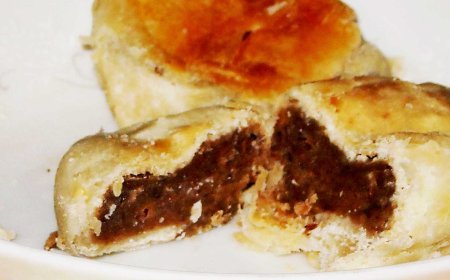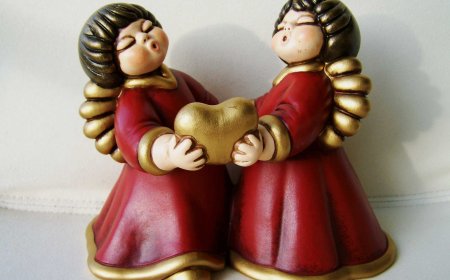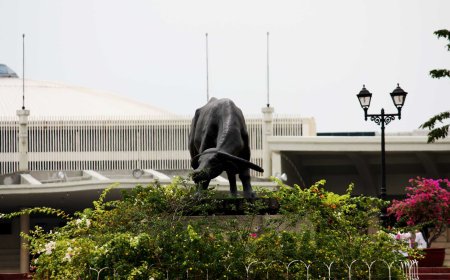The expression of utmost respect and reverence of Filipinos to the Elderly, the "Mano po"
In the rich culture of Filipinos, there are many customs and traditions that have been passed down from generation to generation
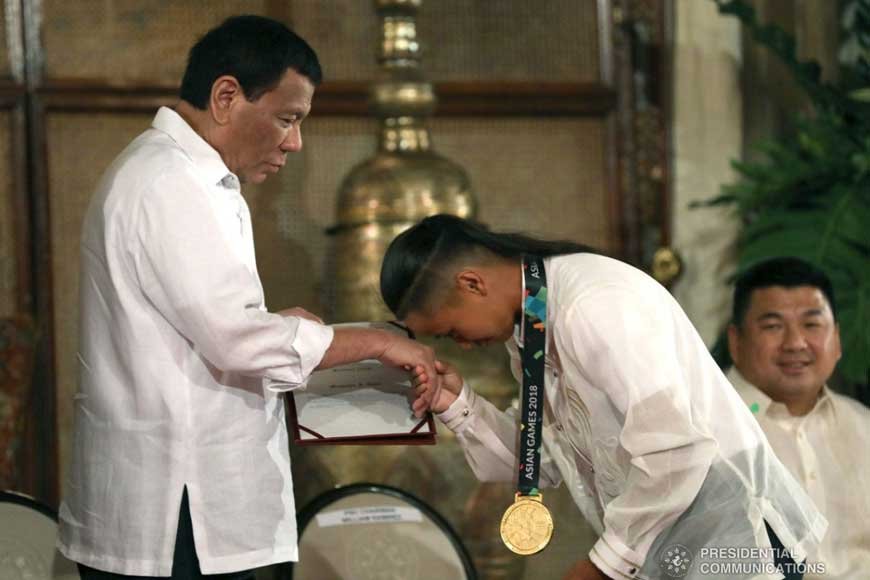
"Mano Po" serves as a symbolic gesture of love, gratitude, and respect.
※ Basahin ang artikulong ito sa Filipino.
In the rich culture of Filipinos, there are many customs and traditions that have been passed down from generation to generation. Among these cherished traditions is the "mano po," an expression of deep respect and reverence younger Filipinos have for their elders and serves as a beautiful symbol of family and community ties inherited from ancient culture.
Origin and Meaning:
The word "mano po" comes from the Spanish language "mano" which means "hand" and "po" which serves as a polite word. "Mano po" is taking the hand of an elder and gently pressing the back of the hand to the forehead as a sign of respect and reverence. This is done when greeting or asking for blessings from older family members, such as parents, grandparents, or other respected individuals within the community.
This tradition has its roots even before the colonial era when the Philippines was made up of different indigenous groups with unique cultural practices. Hand gestures that symbolize respect and reverence already exist in these communities. However, the "mano po" as it is known today became more prominent during the Spanish colonial period when Catholicism was introduced to the archipelago. It merged with the existing culture and became an important part of Filipino ethics.
Symbolism and Cultural Significance:
"Mano po" is not just a physical act; it carries deep symbolism and reflects values deeply ingrained in Filipino culture. By touching the hand of an elder on the forehead, the younger generation acknowledges their wisdom, experience, and the contributions they have made to the family and society. It is an act of humbling oneself and acknowledging the wisdom of the elders.
Furthermore, "mano po" is a way of asking for blessings and good wishes from elders. It is believed that touching their hands can provide good fortune, guidance, and protection. This tradition fosters a sense of unity and solidarity within the family, reinforcing the belief of collective strength and the importance of connectedness.
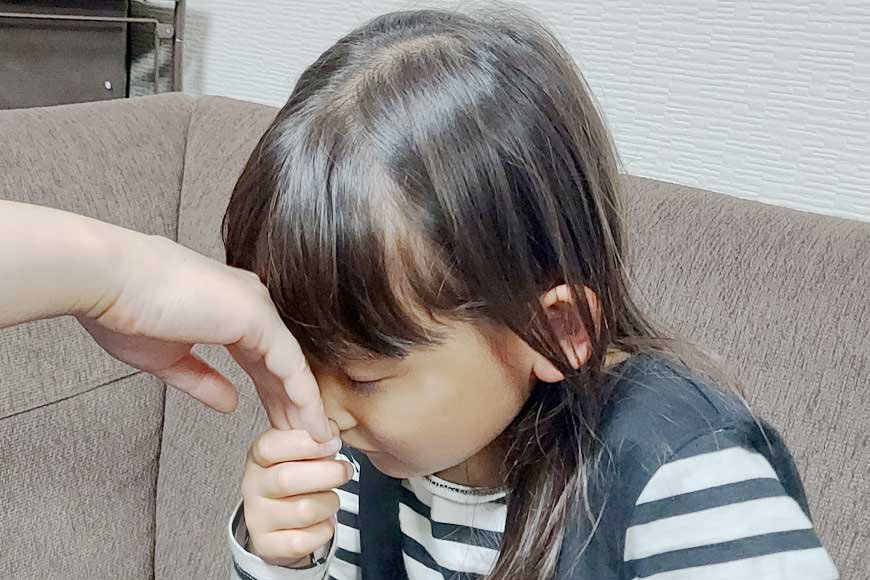
Contemporary Relevance:
Despite the rapid modernization in the Philippines, the tradition of "mano po" remains deeply ingrained in Filipino society. It is a practice that is promoted during important occasions such as family gatherings, weddings, and religious celebrations. Despite the urbanization and globalization that have affected the way of life of Filipinos, "mano po" continues to serve as a reminder of the values that bind Filipino families.
In addition, "mano po" is more than a family or community tradition, it is also often performed in formal or informal gatherings. This tradition transcends any era and can be seen as a sign of respect and reverence for any individual who is worthy of admiration and respect. This reflects the innate warmth of appreciation of Filipinos not only for the elderly but also for the respectable.
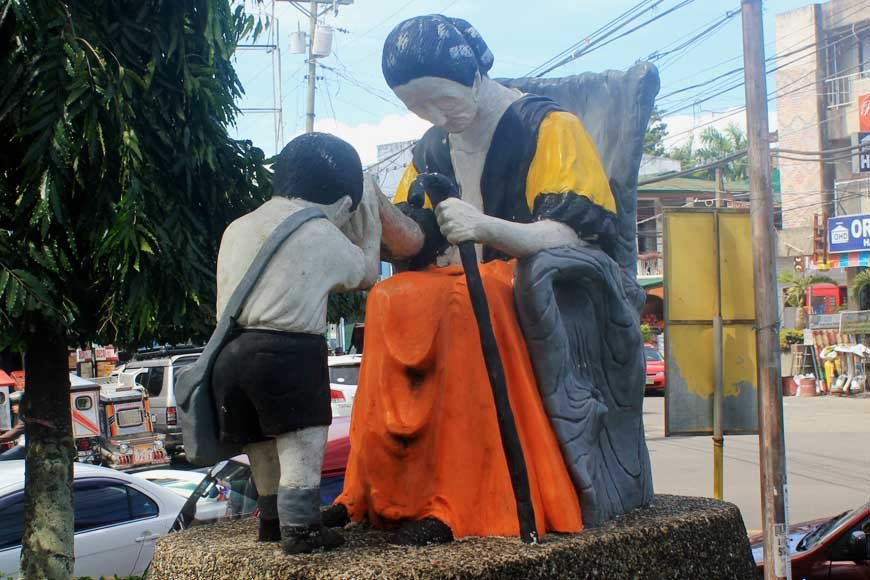
Preserving the "Mano Po" Tradition:
To ensure the continuation of this proud tradition, it is very important for every Filipino to pass on the practice of "mano po" to future generations. Filipino families play a big role in preserving cultural heritage by teaching their children the importance of every Filipino tradition. Schools, community organizations, and cultural events can also contribute to the promotion and celebration of "mano po", emphasizing its importance to Filipino identity.
The "mano po" tradition is a testament to Filipinos' respect for their elders, respect for their cultural heritage, and their desire to have strong family ties. This endearing gesture not only shows the deep roots of Filipino tradition but also serves as a bridge that connects generations and promotes unity within society. As Filipinos continue to embrace their cultural identity, the "mano po" tradition will undoubtedly remain as a unique symbol of respect, gratitude, and love for elders."
Find Cheap Flight Tickets to any Destinations in Japan and the Philippines
Nipino.com is committed to providing you with accurate and genuine content. Let us know your opinion by clicking HERE.



















































